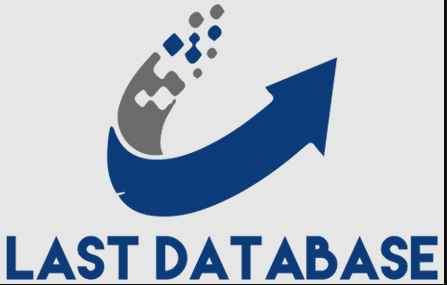Business-to-business (B2B) telemarketing is a widely used sales strategy where companies reach out to other businesses via telephone to promote their products or services. However, B2B telemarketing is subject to various legal regulations to protect businesses and consumers from unwanted calls and deceptive practices. This article explores some of the key B2B telemarketing laws that companies must adhere to when engaging in such activities.
The Telephone Consumer Protection Act (TCPA):
The TCPA is one of the most significant laws governing telemarketing in the United States. It restricts businesses from making unsolicited calls to B2B prospects using automated dialing systems or prerecorded messages without prior consent. To comply with the TCPA, telemarketers must maintain a Do Not Call (DNC) list and honor any requests Sweden Telegram number Data to be added to it.
The National Do Not Call Registry:
The National Do Not Call Registry is a crucial component of B2B telemarketing compliance. It allows businesses and individuals to opt out of receiving telemarketing calls. Companies are required to check the registry and refrain from calling any numbers listed on it. Failure to comply can result in substantial fines.
Calling Time Restrictions:
B2B telemarketers must be aware of calling time restrictions to avoid violations. The TCPA sets specific hours during which telemarketing calls are prohibited. Generally, calls are allowed between 8 a.m. and 9 p.m. based on the prospect’s time zone.
Business-to-Business Exemption:
Unlike consumer telemarketing, which is heavily regulated, B2B telemarketing enjoys some exemptions under the TCPA. Calls made to businesses are generally not subject to the same strict rules as consumer calls. However, it is essential to be cautious and maintain compliance to avoid potential legal issues.
The Controlling the Assault of Non-Solicited Pornography and Marketing (CAN-SPAM) Act:
Although primarily focused on email marketing, the CAN-SPAM Act also applies to B2B telemarketing that involves sending commercial faxes. The act mandates that fax advertisements must include an opt-out mechanism and accurate sender information. Failure to include this information can lead to penalties.
State-Specific Regulations:
In addition to federal laws, B2B telemarketers must be aware of state-specific regulations that may impose additional B2B Lead restrictions or requirements. Some states have their own DNC lists and may have stricter rules than the federal TCPA.
Conclusion:
Compliance with B2B telemarketing laws is crucial for businesses to avoid legal repercussions and maintain a positive reputation. Adhering to the TCPA, checking the National Do Not Call Registry, respecting calling time restrictions, and following state-specific regulations are essential steps to ensure lawful B2B telemarketing practices. By understanding and implementing these laws, companies can engage in successful B2B telemarketing campaigns while respecting the rights and preferences of their prospects.







